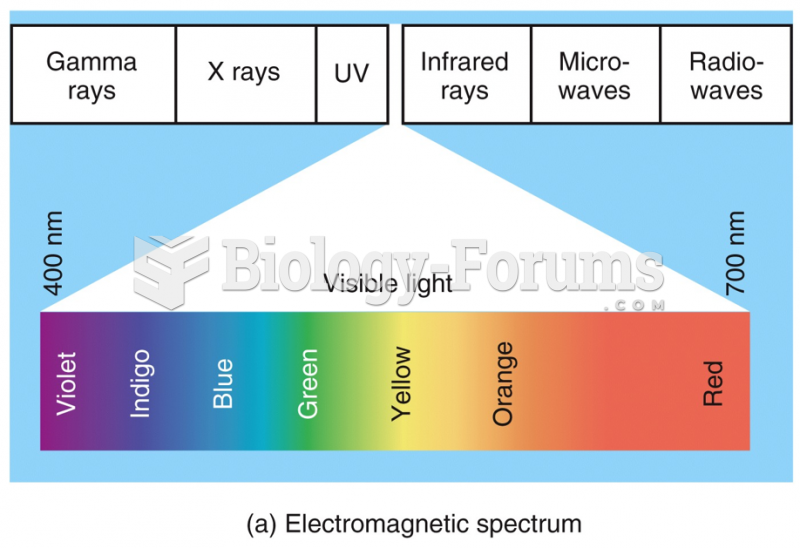|
|
|
Urine turns bright yellow if larger than normal amounts of certain substances are consumed; one of these substances is asparagus.
The human body's pharmacokinetics are quite varied. Our hair holds onto drugs longer than our urine, blood, or saliva. For example, alcohol can be detected in the hair for up to 90 days after it was consumed. The same is true for marijuana, cocaine, ecstasy, heroin, methamphetamine, and nicotine.
The tallest man ever known was Robert Wadlow, an American, who reached the height of 8 feet 11 inches. He died at age 26 years from an infection caused by the immense weight of his body (491 pounds) and the stress on his leg bones and muscles.
According to the FDA, adverse drug events harmed or killed approximately 1,200,000 people in the United States in the year 2015.
The U.S. Pharmacopeia Medication Errors Reporting Program states that approximately 50% of all medication errors involve insulin.
 Alexander Fleming photographed in his lab where he observed the natural competition between a fungus
Alexander Fleming photographed in his lab where he observed the natural competition between a fungus
 Stereo Image taken by NASA STEREO Probes launched in 2006; utilizing two Spacecrafts to image the Su
Stereo Image taken by NASA STEREO Probes launched in 2006; utilizing two Spacecrafts to image the Su





